Laches
Laches
or, Courage
Lysimachus, the son of Aristides the Just, and Melesias, the son of the elder Thucydides, two aged men who live together, are desirous of educating their sons in the best manner. Their own education, as often happens with the sons of great men, has been neglected; and they are resolved that their children shall have more care taken of them, than they received themselves at the hands of their fathers. Translated by Benjamin Jowett.
Book Excerpt
e knowledge of the terrible is a knowledge of the future. But there can be no knowledge of future good or evil separated from a knowledge of the good and evil of the past or present; that is to say, of all good and evil. Courage, therefore, is the knowledge of good and evil generally. But he who has the knowledge of good and evil generally, must not only have courage, but also temperance, justice, and every other virtue. Thus, a single virtue would be the same as all virtues (compare Protagoras). And after all the two generals, and Socrates, the hero of Delium, are still in ignorance of the nature of courage. They must go to school again, boys, old men and all.
Some points of resemblance, and some points of difference, appear in the Laches when compared with the Charmides and Lysis. There is less of poetical and simple beauty, and more of dramatic interest and power. They are richer in the externals of the scene; the Laches has more play and development of character. In the Lysis and Charmides the yout
Editor's choice
(view all)Popular books in Philosophy, Fiction and Literature
Readers reviews
0.0
LoginSign up
Be the first to review this book
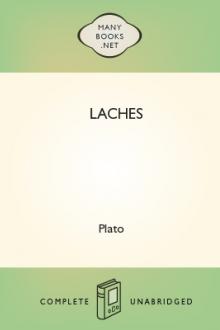
 Free Download
Free Download























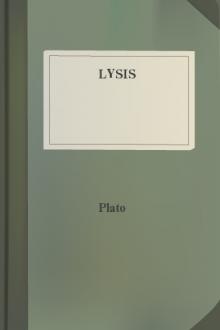
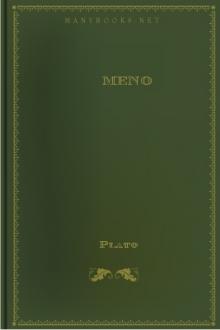
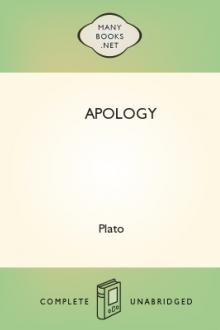
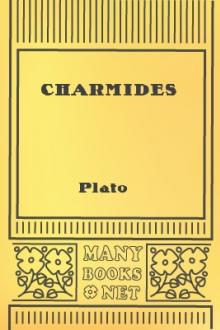

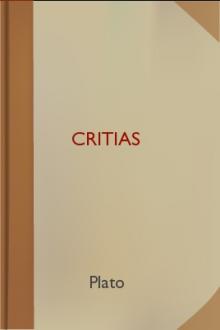
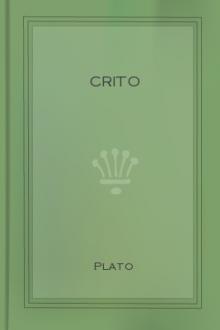
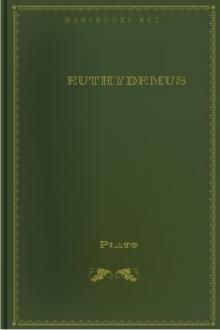
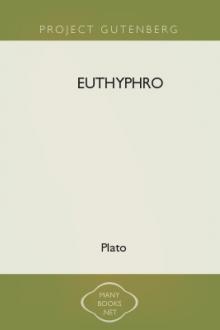
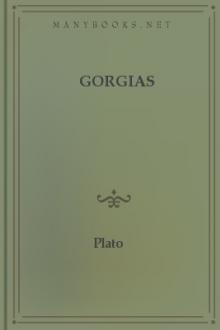
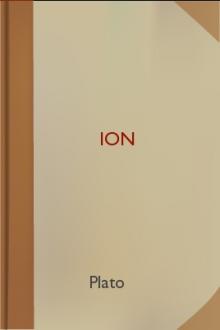
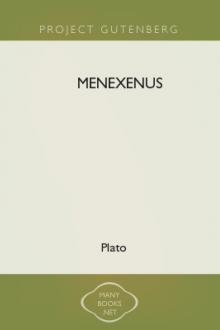
-itok=vcKIB5v1.jpg)